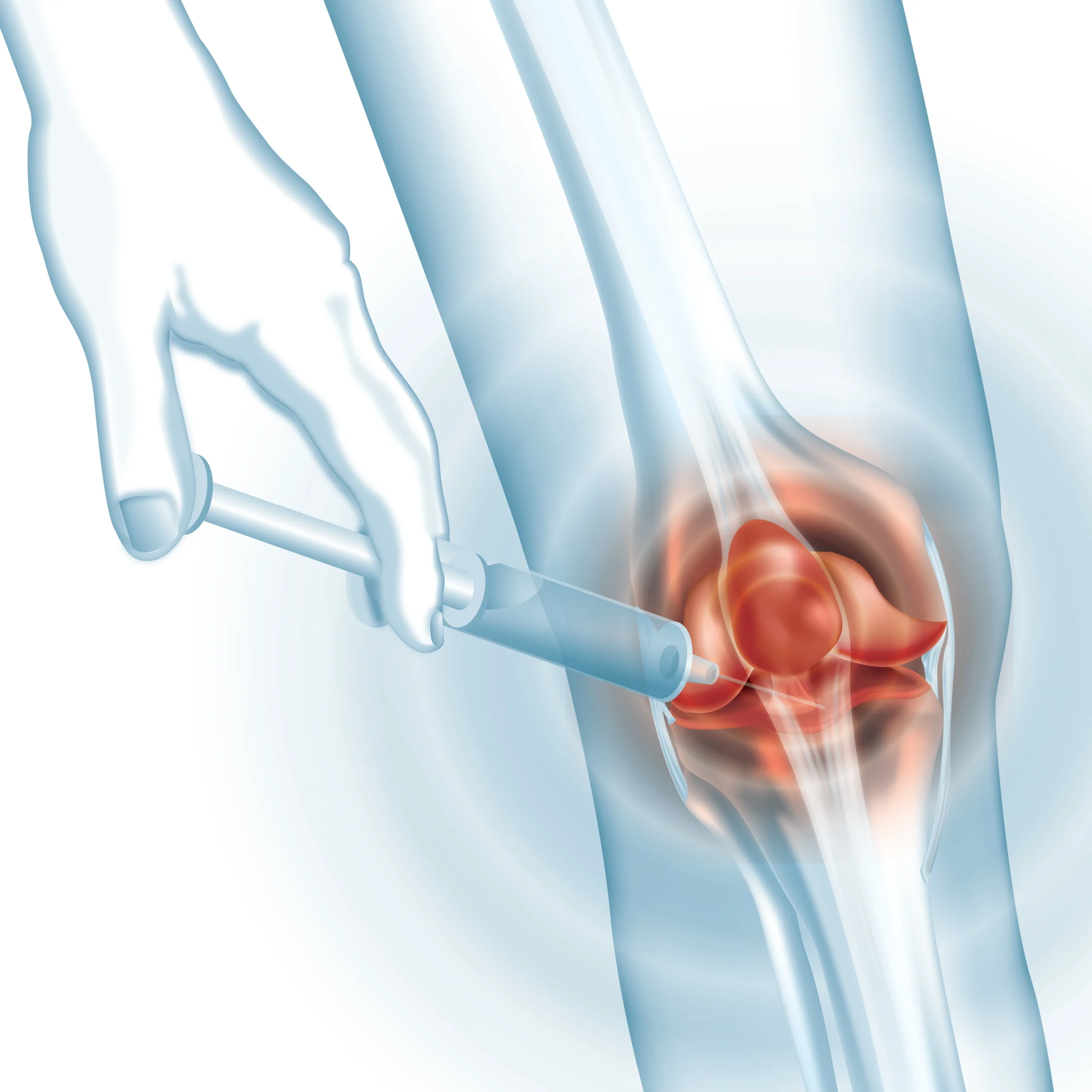Get Help For Tarsal Tunnel Syndrome
The tarsal tunnel is a narrow space on the inside of the ankle, surrounded by bones and soft tissues. Within this tunnel runs the tibial nerve, which branches off into smaller nerves providing sensation to the bottom of the foot. When this nerve becomes compressed or damaged, it can result in painful symptoms such as tingling, numbness, and sharp or burning sensations in the foot.
At NextPain Care, we understand the significant impact tarsal tunnel syndrome can have on your daily life. Our approach focuses on providing evidence-based, minimally invasive treatments designed to manage your pain effectively and improve your quality of life.
Schedule Your Consultation!

What we do
Find Relief From Tingling Pain And Numbness In Your Feet From Tarsal Tunnel Syndrome
Our approach to providing long-term relief for individuals suffering from this condition is grounded in evidence-based, minimally invasive treatments. By focusing on the unique needs of each patient, we aim to alleviate pain and improve functionality.
Our treatment strategy begins with conservative care options, such as physical therapy, to strengthen and improve flexibility in the affected area. We also incorporate medication management to help relieve pain and manage diverse or complex symptoms, ensuring a comprehensive approach to your care.
For those requiring more advanced interventions, we offer options such as nerve blocks or other interventional procedures tailored to provide targeted relief.
Here are some common symptoms of tarsal tunnel syndrome and how our NextPain Care approach can help:
- Tingling or numbness in the foot
- Sharp or burning sensations
- Pain that worsens with activity
Our team of physicians is dedicated to creating a personalized treatment plan that addresses these symptoms and helps you regain your quality of life.
-
Persistent or worsening pain
-
Increased risk of chronic pain
-
Potential need for complicated treatments later
-
Continued nerve damage
-
Limited mobility and activity
-
Reduced pain and improved function
-
Improved quality of life
-
Minimized need for complicated procedures
-
Reduced sensations of pressure
-
Enhanced mobility and activity levels

How Can We Help You?
What Causes Tarsal Tunnel Syndrome?
Tarsal tunnel syndrome occurs when the tibial nerve, which runs through the inside of the ankle, becomes compressed or irritated. This can result from injuries such as ankle sprains or fractures, which cause swelling and put pressure on the nerve. Structural issues like flat feet or fallen arches can also increase strain in the area, altering foot mechanics and leading to nerve compression.
Other contributing factors include abnormal growths such as cysts, varicose veins, or lipomas that press against the nerve. Inflammatory conditions like arthritis and diabetes can cause swelling that aggravates nerve compression. Repetitive stress from prolonged standing, walking, or running, as well as tight or restrictive footwear, can also contribute to irritation in the tarsal tunnel.
Over time, these factors can lead to persistent pain, numbness, and tingling in the foot. Identifying and addressing the underlying cause is essential to managing symptoms and preventing further complications.
Start Today




